Frontier Markets Weekly, September 10th 2023

Welcome to the latest edition of Frontier Markets News. As always, we would love to hear from you at hello@frontiermarkets.co with news ideas, feedback and anything else you find interesting.
Sent this by a friend? Sign up here to receive FMN in your inbox every weekend.
By Ken Stibler, Noah Berman and Nojan Rostami. Executive editor: Dan Keeler
Africa
African leaders push case for debt relief at climate summit
At Africa’s first-ever climate summit this week, Kenya’s president William Ruto led calls for debt relief to help the continent fight climate change, the FT reports. in a bid to secure commitments from wealthy countries to do more to address climate change.
At the summit in Kenya investors made $23 billion in climate finance commitments, including solar energy and carbon credit projects. Among the largest investments was a $4.5 billion commitment from the UAE toward clean energy initiatives, CNN reports. Some critics pushed back against investor focus on carbon credits, with a Nigerian activist calling them “bogus solutions“ that allow wealthy countries to continue polluting, AP reports.

Africa is the continent most vulnerable to the effects of climate change despite emitting less than 4% of global emissions, according to the UN. The summit ended with the so-called Nairobi Declaration calling for a global carbon tax and for reform of the world’s multilateral financial institutions to help African countries reduce debt service costs.
African Union joins G20
At the G20 summit in India this weekend, leaders of the world’s wealthiest countries admitted the African Union as a permanent member of the group, India Today reports.
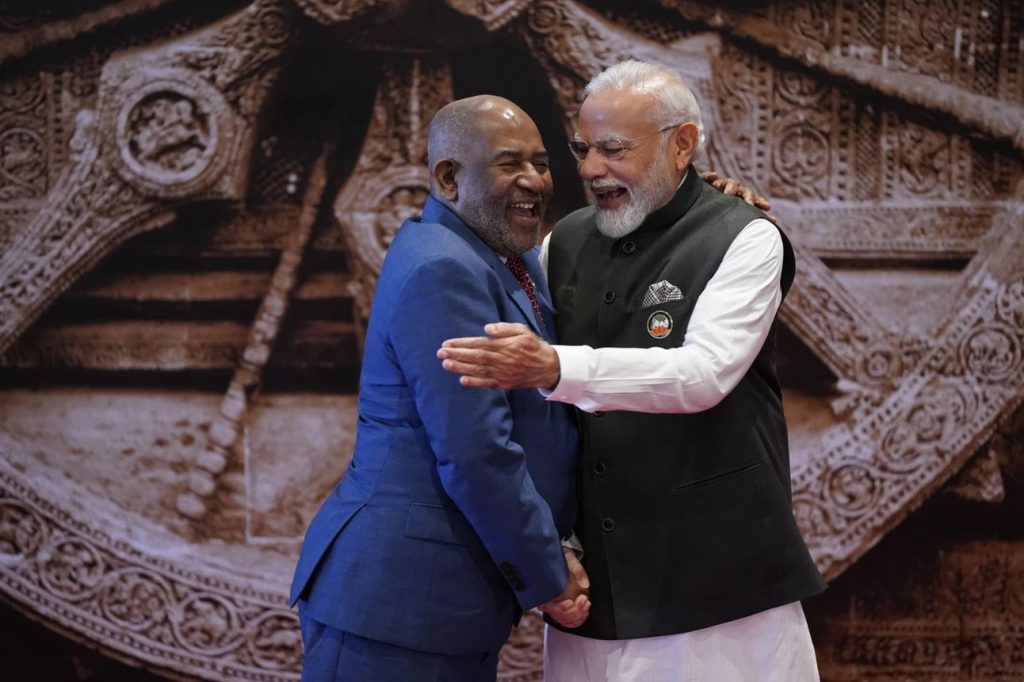
The measure gives the 55-member AU the same status as the European Union in the group, which consists of 19 countries and the EU. The AU is the first new member since the group’s inception in 1999.
The move comes amid a global push to give Africa a louder voice on issues such as climate change and emerging-market debt that predominantly affect the continent, Bloomberg reports. The AU’s accession marks a rare moment of consensus for G20 countries; it follows efforts by G20 leaders as disparate as US President Joe Biden and Russian President Vladimir Putin to secure G20 membership for the African bloc.
Nigerian court overturns presidential election challenge
A Nigerian appeals court confirmed on Wednesday the results of February’s presidential election, won by Bola Tinubu. The court threw out a challenge by opposition parties that alleged voting irregularities and questioned Tinubu’s presidential eligibility.
Tinubu won the hotly contested election with 37% of the vote. His opponents soon claimed that the electoral results were illegally announced and that Tinubu was ineligible for office because he was a citizen of Guinea, the AP reports. Judges in Abuja rejected those claims, citing a lack of evidence.
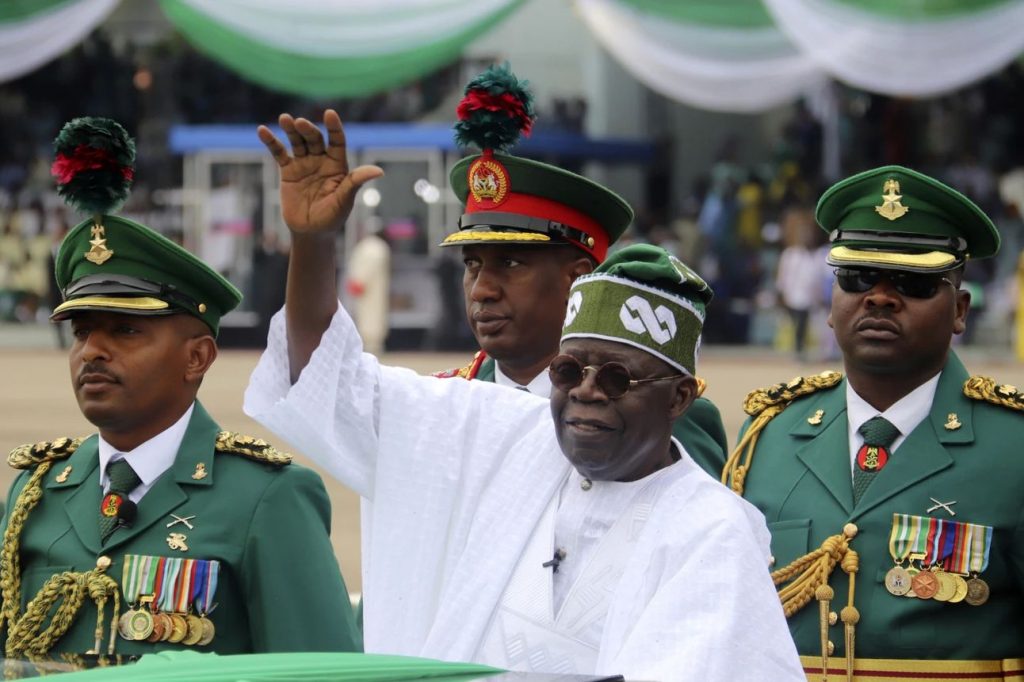
The plaintiffs now have two months to file an appeal to Nigeria’s Supreme Court. Nigeria returned to democracy in 1999 after 30 years of military rule, but presidential contests in the years since have been marked by electoral fraud, Al Jazeera reports.
Asia
Indonesia’s push for clean energy falters
Almost 10 months after wealthy countries agreed to provide Indonesia $20 billion in financing to reduce its reliance on coal, Jakarta has not spent a dollaron shuttering fossil fuel projects, Nikkei reports.
Practical challenges, including governance mechanisms, loan repayment rates and project eligibility, have inhibited progress on the so-called Just Energy Transition Partnership (JETP). So has Indonesia’s heavy reliance on coal power, which is greater than either side acknowledged when negotiating the agreement. Indonesia was responsible for 40% of Southeast Asia’s carbon emissions last year, Bloomberg reports, more than double the emissions of Vietnam, the next-highest emitter.

Vietnam is also the recipient of a JETP, but that too has struggled to get off the ground, as has a proposed JETP for India. Still, many experts continue to view the partnerships as worthwhile. If they are implemented without encouraging a shift to other fossil fuels, JETPs can serve as a “beacon to the wider investment community,” according
ASEAN leaders highlight perils around ongoing conflicts
At a summit in Jakarta this week, Indonesian President Joko Widodo, who served as chair of this year’s summit, said that ASEAN members “have a responsibility to reduce tensions” among great powers, Reuters reports. At the meeting of the Association of Southeast Asian Nations, which was also attended by officials from the US, China, and Russia, Widodo also warned the world would “be destroyed if conflicts and tensions in one place are taken to another place.”
Conflicts in the South China Sea, ongoing civil war in Myanmar, and a North Korean plan to provide Russia with weapons ranked high on the summit’s agenda.
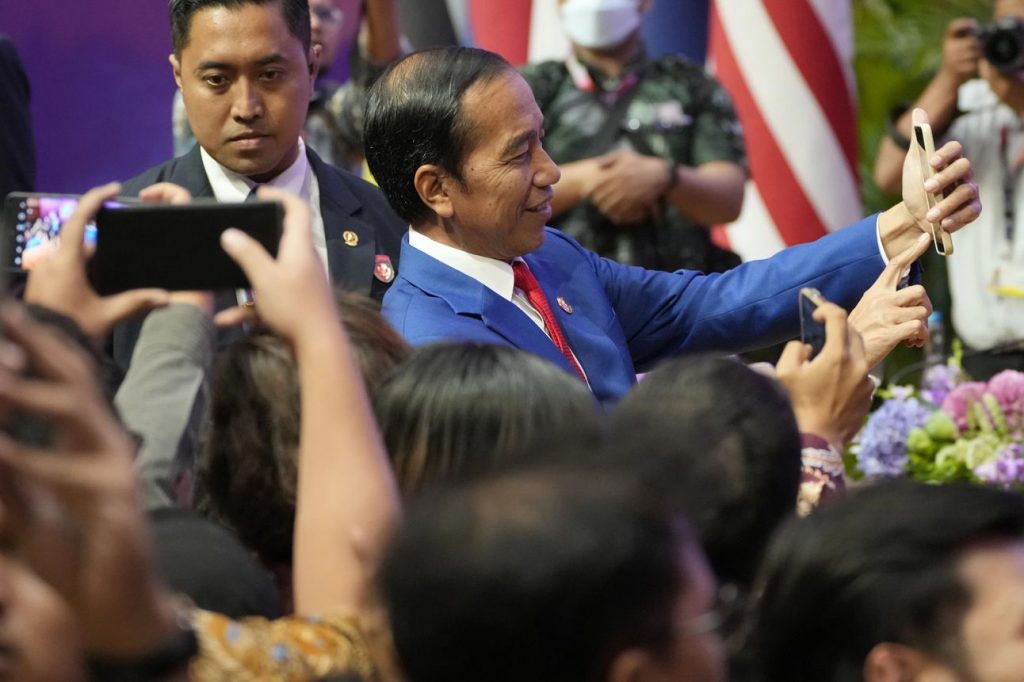
On Tuesday, countries at the summit agreed to allow the Philippines to replace Myanmar as chair of the summit in 2026, Kyodo News reports. Myanmar was not allowed to attend this year’s summit in a bloc-wide protest against the military junta that has ruled the country since a coup in February 2021.
World Bank to fund Turkey’s economic overhaul
The World Bank has unveiled an $18 billion package to bolster Turkey’s economic reform program, Middle East Eye reports. The funding would be allocated to both public and private sector initiatives, including support for earthquake reconstruction in southwestern Turkey and climate-change mitigation efforts.
Much of the new funding could come from private-sector sources, the bank said, and comes on top of an existing $17 billion program, raising the bank’s engagement with the upper-middle-income economy that has struggled with macroeconomic and policy imbalances for years.
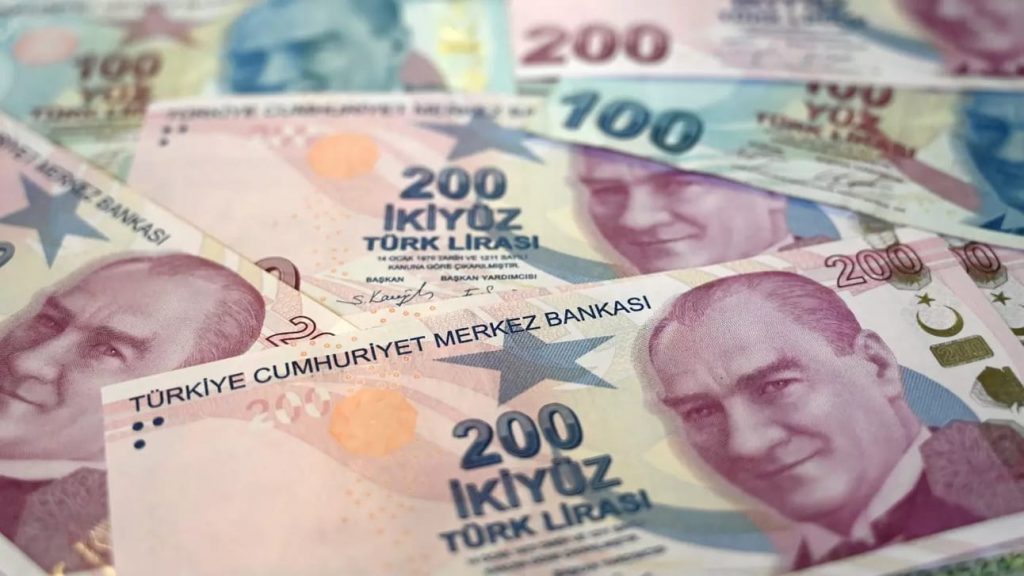
In the wake of President Recep Tayyip Erdoğan’s recent re-election, Turkey has seen a now-common pivot in economic policy with a tilt toward orthodoxy that has been cheered by market participants. The appointment of hawkish former Wall Street bankers to the finance ministry and central bank has led to significant departures from Erdoğan’s previous approach, which kept interest rates artificially lower, leading to the depletion of Ankara’s foreign currency reserves.
Did someone forward this to you? Subscribe at FrontierMarkets.co
Middle East
Kuwait appoints new finance minister amidst liquidity crisis
Kuwait this week appointed Fahad Al-Jarallah as minister of finance—the sixth person to hold the position in three years—amidst political infighting that has disrupted Kuwait’s efforts at economic diversification and reform, Bloomberg reports. Al-Jarallah said his priority will be addressing Kuwait’s “liquidity crisis” with “preemptive solutions to avert any disruption in the monetary flows.”
Ongoing tension between Kuwait’s royal family and the political establishment has forced regular shake-ups in government, which most recently prompted the formation of a wholly new cabinet in June. The turmoil has reportedly undermined the management of state finances, despite a strong financial performance over the past year by Kuwait’s oil industry, which posted some $8.4 billion in profits—the most in over a decade.
Work starts on Iran-Iraq railroad as others eye Iraqi rail investments
Work began this week on the Basra-Chalamja connection project, a rail line linking Iraq’s southern port city of Basra to Iran’s broader rail infrastructure, France 24 reports. The 32-kilometer-long line will be built in two equal halves—one on each side of the border—and is intended to support “travelers from the Islamic Republic of Iran and Central Asian countries” in making pilgrimage to Shiite holy cities in Iraq, according to Iraq’s Prime Minister Mohammed Shia al-Sudani.
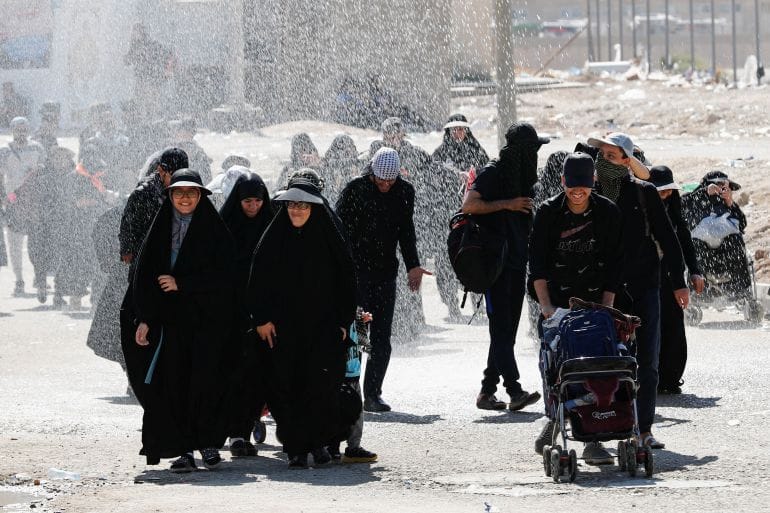
The rail line is part of Iraq’s $17-billion “Route of Development” project, meant to build a north-south corridor within the country, and is one of dozens of Iran-funded rail and infrastructure projects aimed at enhancing regional integration in the face of international sanctions. According to Iraq, some 10 countries, including Turkey and Saudi Arabia have expressed interest in the project, with a Saudi delegation expected in Iraq this week to discuss a potential rail project linking the two countries.
Europe
Russia turns to Chinese banks as Western lending collapses
As Russia seeks alternative financial counterparts due to Western sanctions, Chinese banks have become key players in the country’s economic landscape. Four major Chinese banks—Industrial and Commercial Bank of China, Bank of China, China Construction Bank and Agricultural Bank of China—more than quadrupled their combined Russian assets from $2.2 billion to $9.7 billion within a span of 14 months up to March this year.
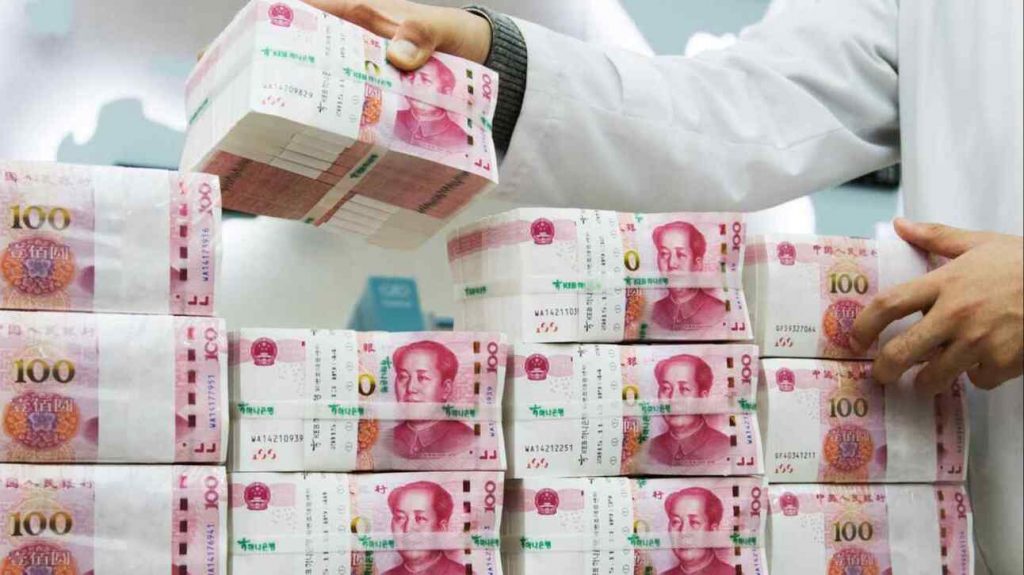
The support has been instrumental in Russian efforts to avoid a broader economic collapse.
China’s move also aligns with its goal of bolstering the renminbi’s international role. However, the strengthening ties expose Chinese banks to the potential for secondary Western sanctions, running counter to their more conservative approach to risk management.
Latin America
Bolivia runs low on gas, triggering regional scramble for supply
Bolivia’s economic model is in peril, according to President Luis Arce who announced this week that the country’s natural gas reserves have been depleted, immediately disrupting gas exports to neighboring Argentina and Brazil. Arce said the country had hit “rock bottom” and highlighted the financial repercussions, with governments and municipalities no longer receiving revenue from gas exports that had covered social welfare and debt repayments.
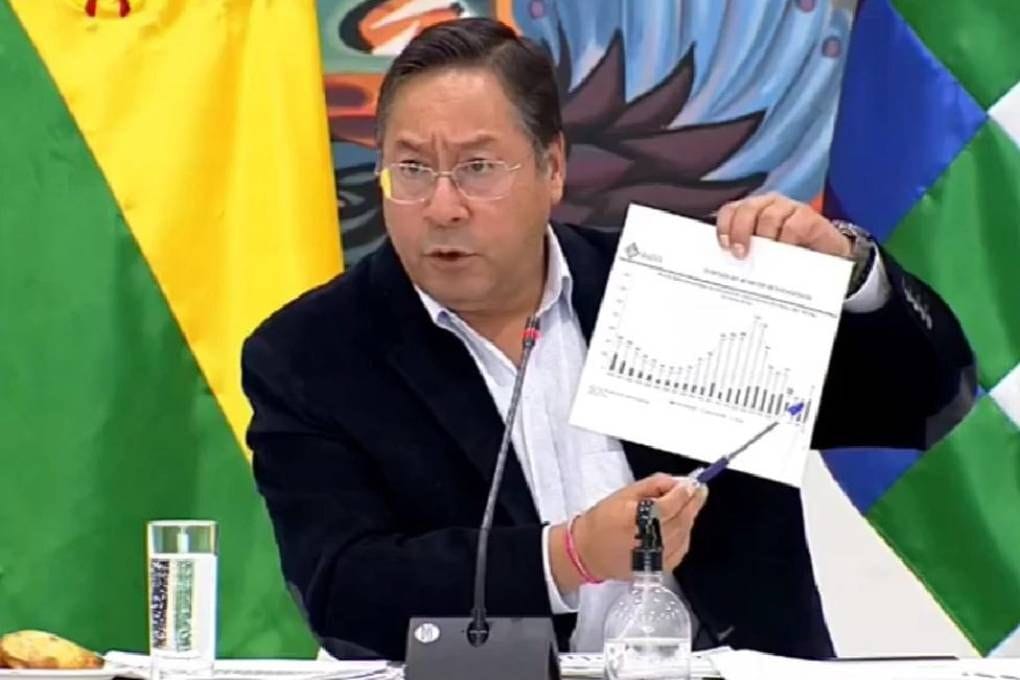
Arce’s administration is racing to avoid penalties for non-compliance with export contracts, particularly with Argentina. Bolivia’s state-owned company, YPFB, has proposed an “interruptible contract” to Argentina, indicating that gas shipments will only be made when sufficient hydrocarbons are available.
- Argentine president reassures Chile over gas supply (Mercopress)
- Brazil plans petrochemical plant partnership in Bolivia (BNAmericas)
Bolivia’s economic growth and poverty reduction over the past 15 years have been supported by natural gas revenues, but dwindling exports since 2013 have created a growing gap in public budgets. After heavy exploitation of gas reserves by previous administrations, Bolivia is projected to depend on gas imports for domestic consumption by 2029.
Maduro turns to Xi to revive Venezuelan oil ahead of elections
Venezuela sent a high-ranking delegation to China to explore energy investments ahead of next year’s presidential election, Bloomberg reports. Including President Nicolás Maduro, Vice President Delcy Rodríguez, and oil minister Pedro Tellechea, it is the most senior Venezuelan delegation to visit China in half a decade.
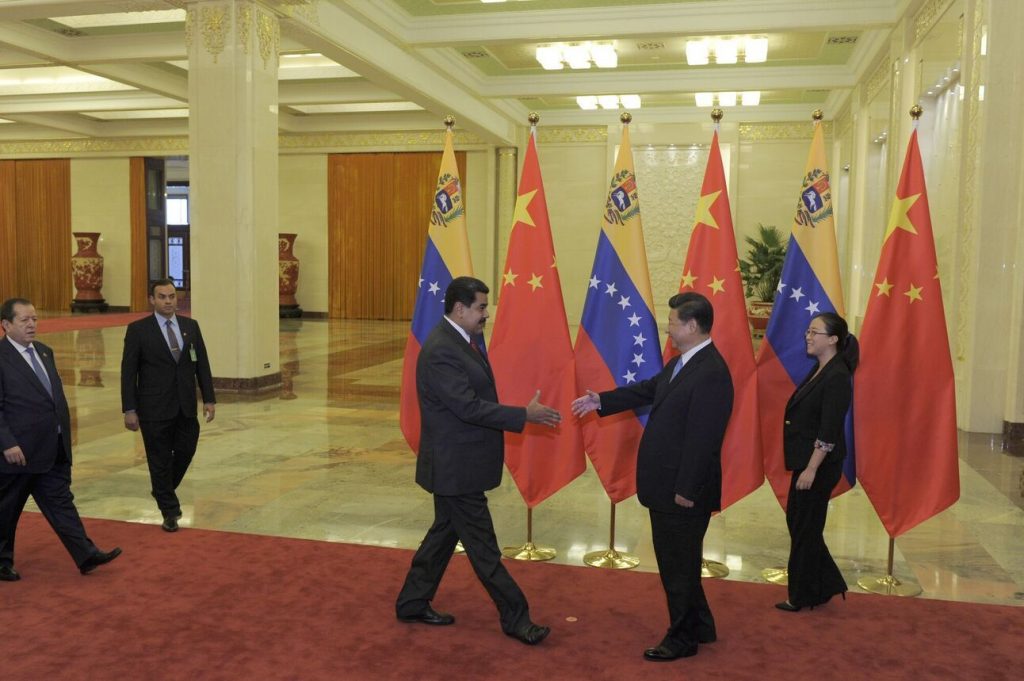
As Venezuela’s financial woes have been exacerbated by mismanagement and external pressures, China’s role in the nation’s economy has been growing. Beijing had been a key lender to Venezuela since 2007, providing significant funds for infrastructure and oil projects, but relations cooled as the economy cratered.
The renewed relationship comes as China moves to raise its profile across the region and the US Biden administration recalibrates sanctions.
What we’re reading
Business as usual in Gabon, coup leaders tell investors and businesses (The Africa Report)
Gabon coup leader takes presidential oath and promises ‘free’ elections with no time frame (The Guardian)
Nigerian leader’s reforms leads to ratings upgrade but backlash ushers in policy uncertainty (The Africa Report)
Kenya’s Ruto mulls scrapping visa for all tourists (Nairobi News)
Uganda sticks with World Bank commitments despite funding suspension over anti-LGBT law (The Africa Report)
Eswatini receives Taiwan’s President Tsai Ing-wen for four-day trip (AfricaNews)
Pakistan protests over surging electricity costs threaten to derail country’s $3b IMF program (FT)
Miners’ hunt for copper takes Barrick to Pakistan’s western frontier (FT)
Indonesia and Malaysia push biofuel to offset palm oil price downturn and buffer against EU and El Niño risks (Nikkei)
Philippine lawmakers join global alliance for China containment (Nikkei)
Hun Sen’s son aims to make Cambodia high-income country by 2050 (Reuters)
Turkmenistan becomes methane gas ‘super emitter’ (Radio Free Europe)
Well builders struggle to supply farmers amid Central Asian water crisis (Radio Free Europe)
Francis Fukuyama says Russia’s weakening would embolden Central Asia (Radio Free Europe)
China’s Belt and Road faces crossroads as more loans turn sour (Nikkei)
Twitter accused of helping Saudi Arabia commit human rights abuses (The Guardian)
Saudi soccer clubs to play in Iran for the first time in seven years (CNN)
Saudi and Iran exchange ambassadors after rapprochement (Al Jazeera)
Iraq revokes ratification of maritime agreement with Kuwait (Iraqi News)
Lebanon’s army says it prevented 1,200 Syrian migrants from crossing border (France 24)
Western officials plan to warn UAE over trade with Russia (WSJ)
Middle East becomes the world’s ATM (WSJ)
Border monitors signal EU’s deepening role as Armenia-Azerbaijan peace broker (Radio Free Europe)
Kosovo’s president accuses Serbia of following ‘Putin’s Plan’ by destabilizing Balkans (Radio Free Europe)
Japan and Turkey team up for Ukraine reconstruction (Nikkei)
Russia’s drone attacks on Ukraine rattle neighboring Romania (FT)
Russia owns a slice of Bulgaria’s Black Sea coast, and Sofia doesn’t seem to care (Radio Free Europe)
Drug cartels in Ecuador exploit the banana industry to ship cocaine (AP)
South Korea’s Posco pledges $1.7b investment in Argentina (Mercopress)
Bilateral trade shows Argentina’s growing dependence on neighboring Brazil (Mercopress)
Cuba exposes Russian human trafficking ring for military recruitment (Politico)
Panama’s Martinelli ‘is frontrunner for 2024’ (Latin America Risk Report)
Colombia ‘at risk of losing EM status’ (CityPaperBogota)
Biden bets on emerging markets as Xi snubs G20 (Reuters)




